Meth Mouth
This text will focus on the problem associated with methamphetamine abuse. This psychostimulant drug creates a crystal methamphetamine addiction, which causes an energy level and alertness increase. It can also lead to an increase in sexual pleasure, self-esteem, and to euphoria.
Some problems can be cured with the use of this drug and those are obesity and ADHD, but abuse of this medication is very common and it can lead to some serious problems, among which is meth mouth.
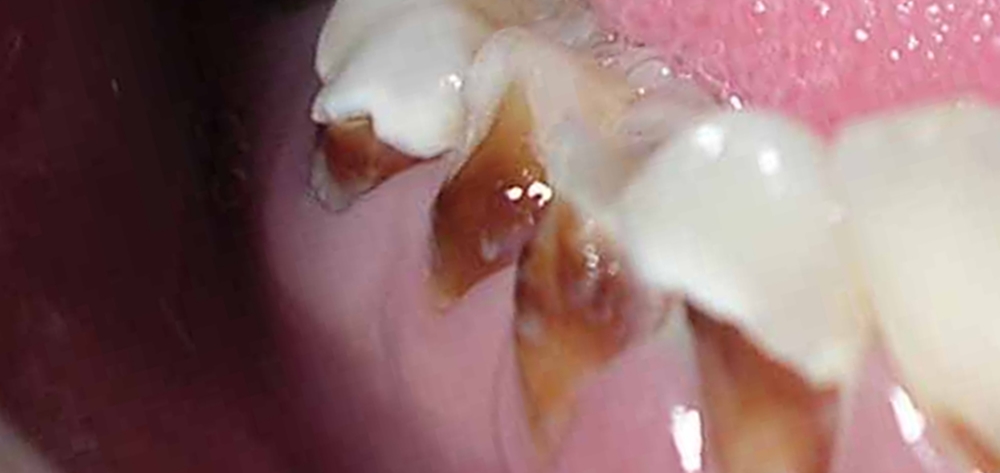
- Currently, the use of MA is rapidly spreading and MA is widely abused with approximately 35 million MA abusers around the globe. In many parts of the United States, MA seems to be replacing marijuana and crack cocaine as “the drug of choice”. In Europe, MA is quickly expanding under the scene name of “Crystal” or “Crystal Meth” (CM), particularly in Germany and the Czech Republic. In a German Police Crime Statistic of 2013, a CM rise of almost 200 % has been noted in border areas to the Czech Republic during a two-year comparison from 2010 to 2012. Simultaneously, in the UK, the current abuse of CM is strongly increasing, particularly in London’s Gay Scene.
- Methamphetamine, a highly addictive sympathomimetic stimulant, is currently widely abused worldwide and has been associated with devastating effects on oral health, resulting in the term “meth mouth”. However, “meth mouth” pathology is primarily based on case reports with a lack of systematic clinical evaluation. Therefore, we have conducted a systematic study to investigate (1) the pharmacological impact of methamphetamine on oral health with regard to saliva function, including the parameters saliva flow rate and total saliva production (ml/5 min) and the buffering capacity of saliva; (2) the contribution of the symptoms of bruxism and muscle trismus to potential oral health damage.
- We assessed the data of 100 chronic methamphetamine abusers and 100 matched-pair comparison participants. Primarily, we conducted an anamnesis with all methamphetamine abusers with regard to saliva dysfunctions, jaw clenching and pain in the temporomandibular joint. Subsequently, in the first part of the clinical enquiry, we tested the saliva flow rate and the total saliva production (ml/5 min) by using the sialometry method and the buffer capacity of saliva by determining the pH-value. In the second part of the clinical enquiry, we evaluated bruxism symptoms with respect to generalized tooth attrition, dentine exposure and visible enamel cracks and examined a potential muscle trismus by measuring the maximal opening of the mouth.
- The majority of methamphetamine abusers reported a dry mouth (72 %) and jaw clenching (68 %). Almost half of all methamphetamine abusers experienced pain in the temporomandibular joint (47 %). With regard to the clinical findings, methamphetamine abusers showed significantly lower total saliva production (ml/5 min) (p?0.001), lower pH-values of their saliva (p?0.001) and more bruxism symptoms (p?0.001). However, we found no relevant trismus symptoms on comparing the two groups (p?>?0.05).
Symptoms and Treatment
The most common symptom of meth mouth is gingival tooth border decay, which then moves on to the pulp and causes tooth decay, dry mouth, and ulcerative gingivitis. Eliminating the drug from use is the first thing you need to do if you are having problems with meth mouth.
Treatment will surely be unsuccessful if you do not do this. Since the problems associated with meth mouth are not that much serious, the drug is something that can be hard to eliminate from consumption, although it is crucial for the success of the treatment.
Next, the filling of the tooth may be done. This can be accomplished only if tooth decay is still not that far advanced. Esthetic fillings can be used if the lesions are located on the facial surface of the tooth, but a root canal is the most common way of eliminating the tooth decay problem.
The problem of acute necrotizing ulcerative gingivitis can be associated with the abuse of meth. This problem causes ulcers on the gingiva surface and the loss of bone. Eliminating this problem will require proper oral hygiene and subgingival cleaning, which will eliminate the anaerobic pathogens located in the gingiva. Meth mouth can cause dry mouth and it can cause some problems. If the elimination of drug use is not done, tooth decay will follow.
There are some treatment options associated with dry mouth and they are secretion-inducing medications and artificial saliva. Also, you can do some actions to even prevent the problem from even happening. First, oral hygiene must be properly maintained and visits to the dentist must be regular. The healing can be made faster if you use mouth rinses or mouthwashes.
This was some information about the problem of meth mouth, its causes, and treatments. This may be a serious problem, but do not give up; be determined and convinced that results will follow and they will eventually.


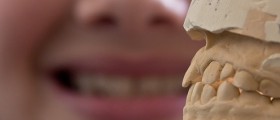
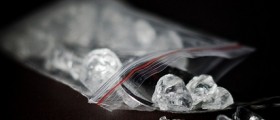

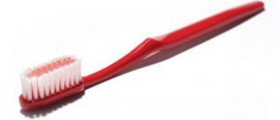



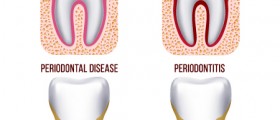


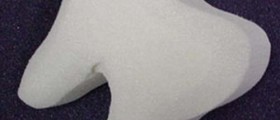


_f_280x120.jpg)

Your thoughts on this
Loading...